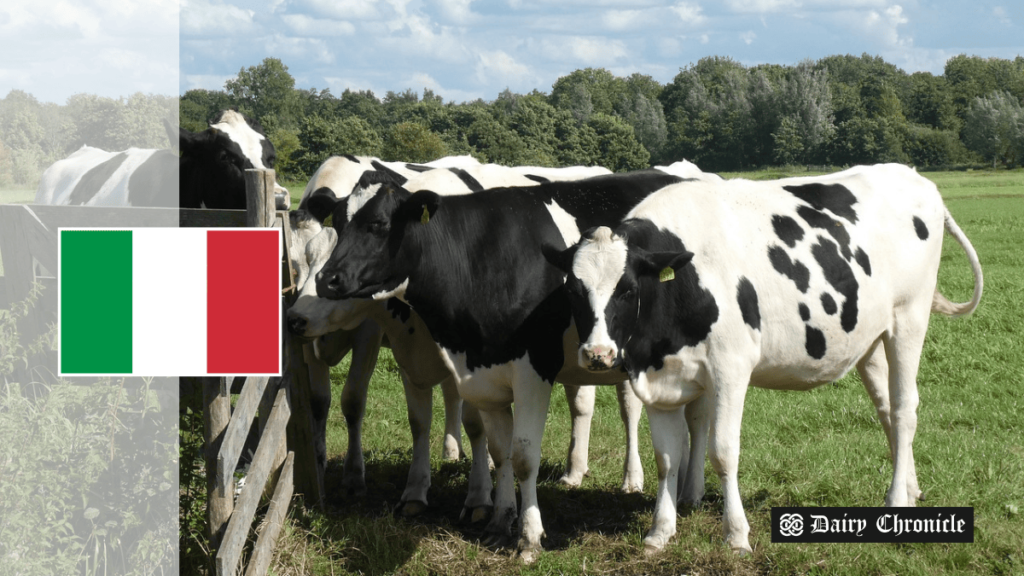Italy is experiencing multiple outbreaks of bluetongue disease linked to the BTV8 variant, affecting sheep, cattle, and a camel on Sardinia, prompting intensified vaccination and surveillance efforts.
Current Situation
Italy has confirmed multiple outbreaks of bluetongue disease affecting sheep, cattle, and even a camel, as reported by the World Organisation for Animal Health (WOAH). These outbreaks are linked to the BTV8 variant, which differs from the rapidly spreading BTV3 variant in northern Europe.
Affected Species
The outbreaks were reported on the island of Sardinia, impacting:
- Sheep: 6 cases
- Cattle: 4,540 cases
- Camel: 1 case
Bluetongue primarily affects domestic ruminants, causing symptoms such as fever, swelling, and bleeding, with severe cases potentially leading to death.
Response Measures
In response to the outbreaks, Italian authorities are intensifying vaccination campaigns to protect livestock and prevent further spread. Enhanced surveillance and reporting measures are being implemented to monitor the situation closely, particularly given the BTV3 outbreaks affecting neighboring countries.
Economic and Agricultural Impact
The emergence of bluetongue outbreaks highlights ongoing challenges for European nations in managing different virus strains. These developments could lead to economic repercussions for farmers, impacting their livelihoods and local livestock markets. Farmers are encouraged to follow biosecurity measures to protect their herds.
Broader Implications
Bluetongue disease is a global concern, with outbreaks reported in parts of Africa, the Middle East, and Asia. The international spread of the disease underscores the need for cooperation in research and vaccine development to effectively address future outbreaks.
Also Read – France Reports Bluetongue Disease Outbreak Near Belgian Border



